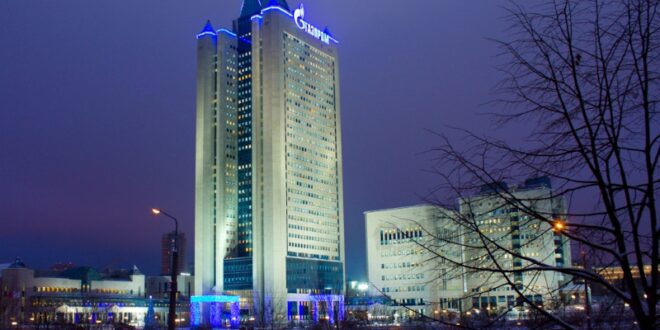Europe imported more gas from Russia than from the US in the second quarter of 2024, restoring a status quo that predates the invasion of Ukraine.
Russia was once Europe’s largest gas supplier. When the Kremlin stopped supplying gas amid its invasion of Ukraine, Norway took the top spot, followed by the US, which ramped up liquified natural gas (LNG) deliveries to bail out the EU.
Yet, “in the second quarter of 2024, the EU imported 12.8 billion cubic metres (bcm) of natural gas from Russia, which was larger than total imports from America (12.2 bcm),” explained Ben McWilliams, an affiliate fellow at Brussels-based think tank Bruegel, to Euractiv.
“This was the first time in almost two years that imports from Russia have been larger than those from America,” he added. German daily Welt first reported on the story on Sunday (1 September).
The expert says that “the shift is largely driven by a decrease in American LNG imports over the past few months.” A combination of full gas storages – EU facilities are on average 92.4% full – and low summer demand led to “lower ‘spot’ purchases of American gas.”
Countries like Austria, Hungary, and Slovakia are tied to Russian gas supplies with long-term inflexible contracts. A similar level of entanglement is not in place with US LNG suppliers, meaning demand plays a larger role.
Two-thirds of Russian gas imports flow through the Ukraine transit and Turkstream pipelines, pumping gas directly to off-takers in EU countries. The last third of the 12.8 bcm is shipped as a super chilled liquid gas to mostly Spanish, Belgian and French ports.
“Importing Russian gas equals supporting the Russian war economy and its war on Ukraine,” says Ville Niinistö, a green Finnish MEP who has been vocal on the issue.
“We must continue to push for a total ban of Russian gas to EU markets and to limit its markets elsewhere globally as much as possible,” he told Euractiv.
An EU-wide ban on Russian gas has proved politically untenable since 2022, with several countries threatening to veto such a move. However, EU countries may now ban Russian gas on an individual basis, thanks to a 2023 revamp of the bloc’s gas market rules.
For example, Austria, which continues to rely heavily on Russian gas supplies, made a non-binding commitment to “phase out Russian natural gas supplies by 2027” in a late August update of its national security strategy.
 Eurasia Press & News
Eurasia Press & News




